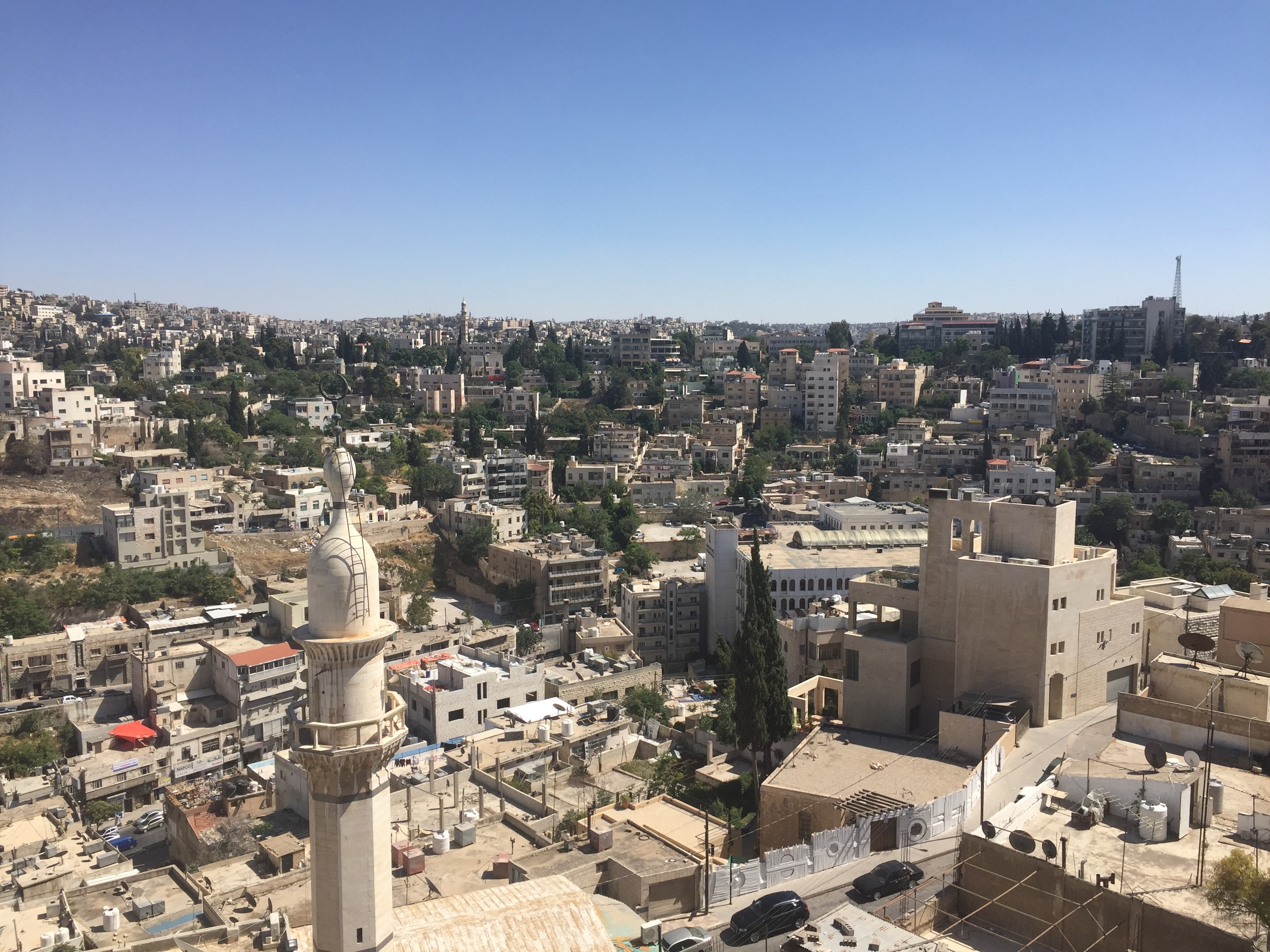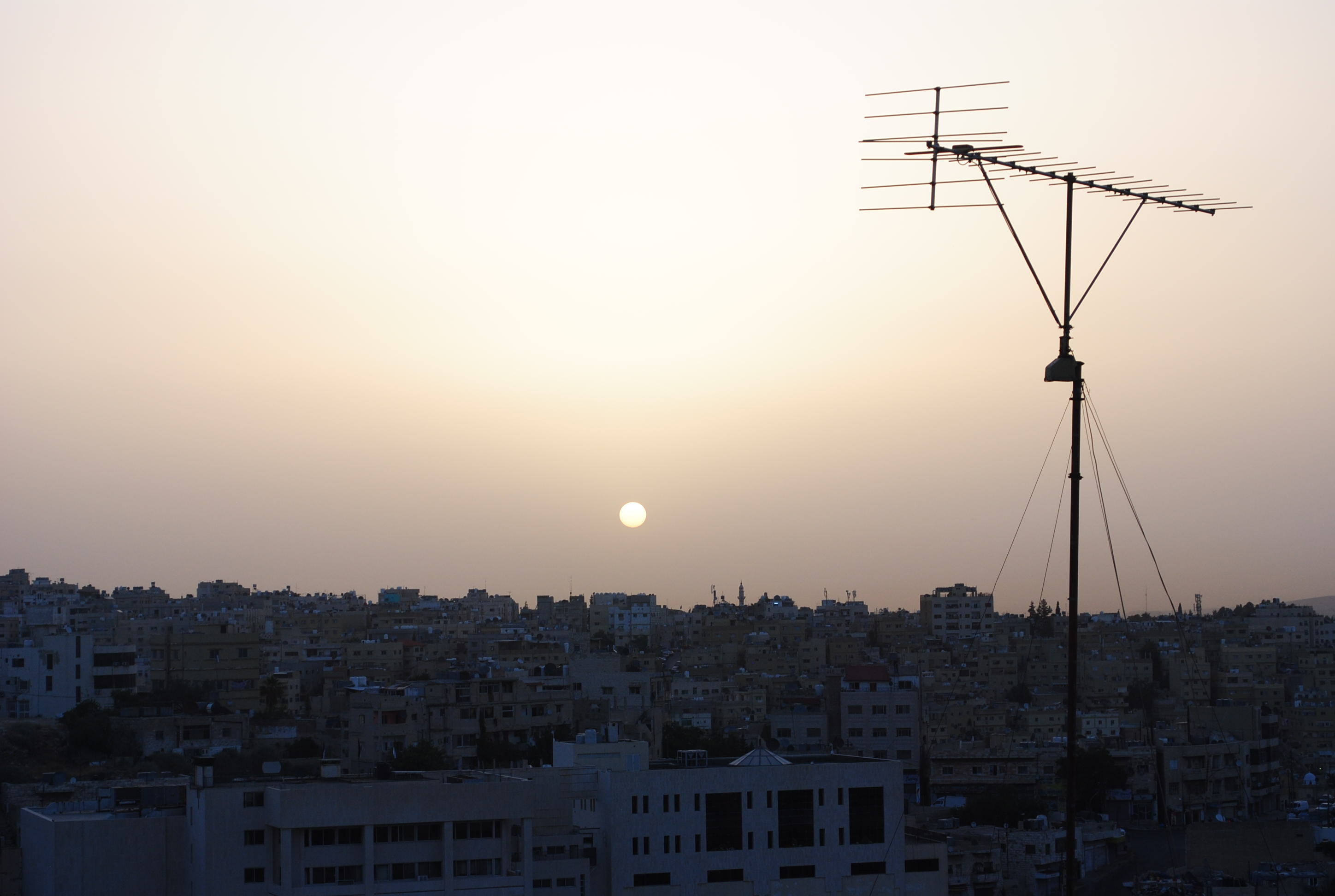
Syrian refugees, while unable to seek asylum in Jordan, have been hosted with remarkable hospitality. However, their legal status and future security are contingent upon a broad array of identity documents that are not always accessible. They often must show documents from Syria, such as family books and civil documents (birth and marriage registrations). Many must be acquired in Jordan: proof of legal entry, work authorization, service card from the Jordanian Ministry of the Interior (MOI), and a so-called "asylum seeker's card" from UNHCR, the UN refugee agency. Missing any of these complicates the ability to obtain another, a paper trail that affects everything from the ability to access healthcare to the ability to acquire a nationality.
"Over time, it's become harder to get the documentation necessary to access services: you now can't go to a public hospital without an MOI card, and you can't get an MOI card unless you have an asylum seeker's certificate," explained Anna Crowe of the International Human Rights Clinic at Harvard Law School, who collaboratively researched identity documentation and registration issues among urban-dwelling Syrian refugees with the Norwegian Refugee Council (NRC).
These urban refugees are particularly vulnerable. Some never entered a camp, due to support from family or their own personal resources. The affluent Syrians in particular were likely to settle in Amman. But for those who left the camps after late 2014 or early 2015, it's virtually impossible to get either the asylum seeker's certificate or the MOI card, which, down the line, means it's extraordinarily difficult to receive health services or register a marriage or birth.
Papers from Syria that are required to receive the proper documentation in Jordan may have been retained at the border on entry or may have never existed.
"A lot of the refugees are coming from rural areas in Syria and only had traditional marriages in front of a sheik or imam, so there was no paperwork to begin with. Then they can't register the marriage or birth in Jordan as easily. All marriages are supposed to be registered in Jordan, but it is much more difficult for the refugees," explained Mahmoud Shabeeb, regional communications officer for the Syria crisis at CARE International.
Potential consequences are wide-ranging. The MOI card allows refugees permission to travel around Jordan, at least within certain limits. In unregistered marriages, women have little legal recourse in situations of gender-based violence. Without marriage registrations, births cannot be registered and as Human Rights Watch recently reported, up to 40 percent of Syrian refugee children in Jordan lack birth certificates. These children are among thousands of Syrians in host communities who risk becoming undocumented, and they will have increased difficulty enrolling in schools.
"Everything is sort of interconnected in multiple ways," said Crowe.
Furthermore, citizenship laws in Jordan and Syria restrict a woman's ability to pass on her nationality to a child; nationality can only come from a father. If the father is missing, dead, or divorces the woman, the child cannot prove their Syrian nationality, placing them at risk of becoming stateless. Birth registration is an important protection against this. While UNHCR is well aware of the thousands who may be lacking proof of their father's nationality, birth registration, or both, there is not yet a clear policy on how return to Syria will work for these children in the future.
In the meantime, undocumented refugees and those with incomplete or outdated papers, fear being sent back to the camps. Even more, refugees without documents worry about being sent back to Syria.
"Whether that's a real risk or not, it's hard to tell," reflected Crowe.
These missing and hard-to-obtain identity documents reflect only a piece of a larger registration crisis in Jordan. UNHCR data states that there are over 650,000 Syrians in Jordan, but this number is only the registered population. The true figure could be as much as 500,000 higher, and the Jordanian government often quotes a figure of around 1.3 million Syrians. Accounting for these refugees has been a core focus of local and international NGOs. As recently as 23 August 2016, UNHCR stated its intention to direct more effort towards raising awareness about civil documentation requirements in accordance with the government's "urban re-registration exercise."
"Everyone wants to know how to find the unregistered refugees because everyone knows they exist but not where and what they need," Shabeeb summarized.
Shabeeb admitted that affluent Syrians likely skipped registration and ended up in cities in Amman. As the years drag on, and work opportunities remain scarce, these families are increasingly running out of resources and turning to extreme coping measures such as child labor or early marriage, according to a recent UNICEF report.
All forms of registration involve administrative hurdles, several identifying documents, and often prohibitive costs. A birth registration is 1 Jordanian dinar (JOD) ($1.41 USD), but after 30 days, there's an additional fine of 10 JOD ($14.11 USD). First-time marriages cost 25 JOD ($35.29 USD), plus the travel expenses to and from the Ministry of the Interior in Amman. Registering a second wife costs about twice as much, and the fine for an illegal marriage is even more: 1,000 JOD ($1411.43 USD)—an impossible sum for a Syrian who is unlikely to have access to formal employment. Obtaining a new passport costs $400 and must be acquired directly from the Syrian embassy in Amman.
A few years ago, refugees anticipated they'd return to Syria soon: in a day, or a week, or a month. Registrations were put off, children were kept out of school, and life was spent in eager anticipation. That hope is drying up as fast as their financial reserves.
The academic year in Jordan has recently resumed, and for the first time, kindergartens will be filled with classes of Syrians who, at age 5, have never lived a day of their lives outside Jordan.



